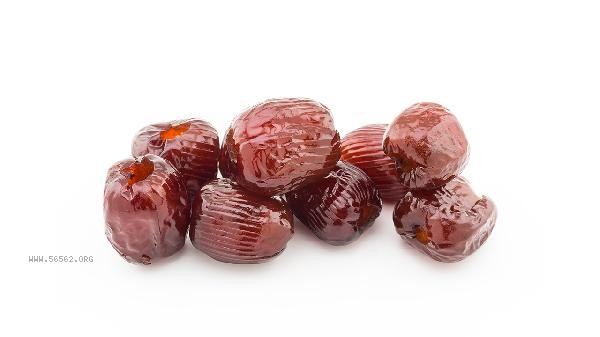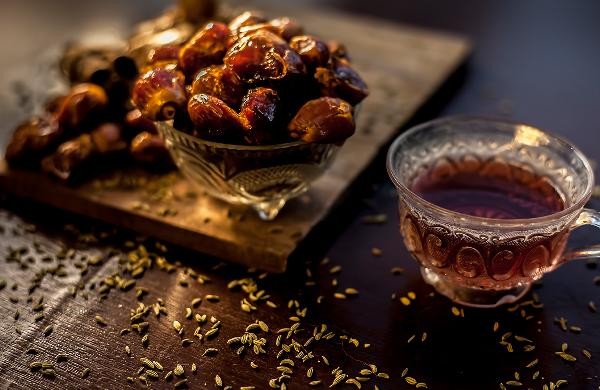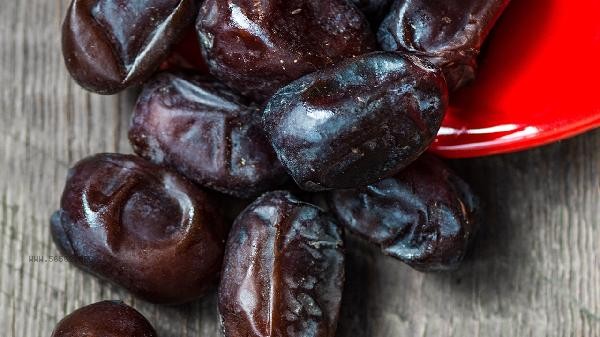After the honey jujube spoils, it will show obvious characteristics such as blackening color, softening texture, surface mold spots, sour odor or sticky feeling. The deterioration of honey dates is mainly caused by microbial contamination, improper storage, damaged packaging, high environmental humidity, or exceeding the shelf life.

1. Color Change
Normal honey dates appear amber or dark brown, but after spoilage, their color will become noticeably darker or even black. White or green mold spots may appear on the surface of some honey jujubes, and the moldy areas are usually accompanied by cotton like hyphae. If there is uneven browning of the flesh inside the honey jujube, it indicates that oxidation and deterioration have occurred. Light exposure accelerates pigment decomposition, and honey dates exposed to sunlight for a long time are more prone to color abnormalities.
2. Texture Change
Fresh honey dates have a flexible and elastic texture, but when they spoil, they become soft, rotten, and sticky. If the flesh collapses and cannot rebound when pressed, or if syrup like liquid seeps out from the surface, it indicates that it has rotted. Sugar analysis shows that crystallization is a normal phenomenon, but if there is moist mucus in the crystalline layer, bacteria may have already grown. Excessive storage temperature can cause sugar fermentation in jujube, resulting in a soft sponge like structure.
3. Abnormal odor
High quality honey dates have a strong jujube aroma and a sweet honey taste. After spoilage, they may produce a sour, fermented or moldy taste. If you smell a pungent chemical odor after opening, it may be due to excessive preservatives or packaging material contamination. Partial microbial fermentation produces carbon dioxide, and the bulging of packaging bags is also a sign of spoilage. When mixed with perishable foods such as honey dates and seafood, they are more prone to flavor distortion and spoilage.

4. Taste difference
Normal honey dates have a moderate sweetness and chewiness, but after spoilage, they may show obvious sourness or bitterness. The flesh may produce an uncomfortable sand like sensation, which is caused by the mixture of sugar crystals and microbial metabolites. If there are cotton like residues during chewing, it indicates that mold has invaded the interior of the fruit pulp. When the surface of honey dates becomes sticky, even high-temperature steaming cannot eliminate harmful substances.
5. Abnormal packaging
Vacuum packaging leakage and bulging lid of canned dates indicate possible spoilage. Glass bottle honey dates should not be consumed if they exhibit flocculent sedimentation or layering. Loose honey dates should be checked for clean and dry storage containers, as honey dates that have come into contact with raw water are prone to yeast growth. If there is any collision during the transportation of online jujube and the packaging is damaged, it should be inspected and consumed as soon as possible.

It is recommended to store honey dates in a cool and dry place, seal and refrigerate them after opening, and consume them as soon as possible. When selecting, pay attention to choosing products from reputable manufacturers and avoid purchasing honey dates that are close to their expiration date or have abnormal packaging. Before consumption, rinse the surface with warm water and stop immediately if any abnormal taste is found. The elderly and those with weak gastrointestinal function should control their daily intake, and those with diabetes should pay attention to the high sugar content of jujube. If you experience abdominal pain and diarrhea due to ingesting spoiled dates, you should promptly replenish electrolytes and seek medical examination.









Comments (0)
Leave a Comment
No comments yet
Be the first to share your thoughts!